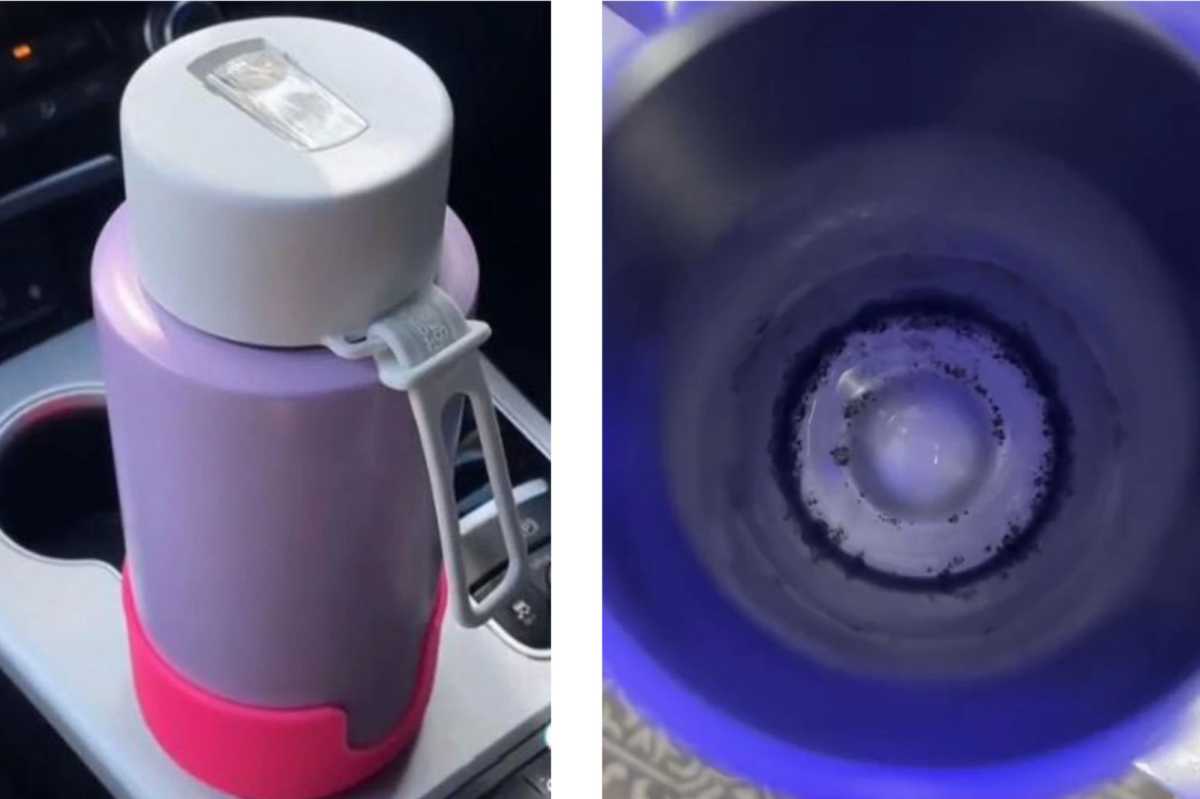Health
Study Reveals Everyday Objects Harboring Harmful Germs in Business Environments

A recent scientific investigation conducted by Reckitt’s Lysol Pro Solutions raises concerns about the potential health hazards posed by commonly used objects in business settings. The study indicates that everyday items we carry can accumulate illness-causing germs, ultimately increasing the risk of spreading infections.
The research, led by Dr. Igor Ignatovich, a senior microbiologist at Reckitt within the Equity, Claims, and Compliance Group, sheds light on the alarming levels of germs found on items like backpacks during a typical workday. The study reveals that these objects pick up hundreds of thousands of germs, comparable to those found in public bathroom and cafeteria floors as well as on toilet seats and even garbage bins.
Dr. Ignatovich highlights the ubiquity of germs in our surroundings and emphasizes how easily they can move between individuals and surfaces, potentially causing illness. The study focused on the contamination levels on the backpacks of five volunteers as they navigated through various business facilities over two days, illustrating how seemingly innocuous items can serve as vectors for germ transmission.
Furthermore, the study uncovered the presence of harmful bacteria such as E. coli and intestinal bacteria, as well as a fungal species of yeast known as Candida, which may lead to severe infections or sepsis, especially in immunocompromised individuals. These findings underline the importance of proper hygiene practices and the use of effective cleaning and disinfecting products to mitigate the spread of germs in work environments and homes.
Lysol Pro Solutions experts advise businesses to understand the dynamics of germ transmission via objects like backpacks to implement targeted cleaning protocols. By deploying suitable products and interventions, businesses can safeguard against common workplace viruses and bacteria, reducing the risk of outbreaks and protecting the health of employees and visitors.












